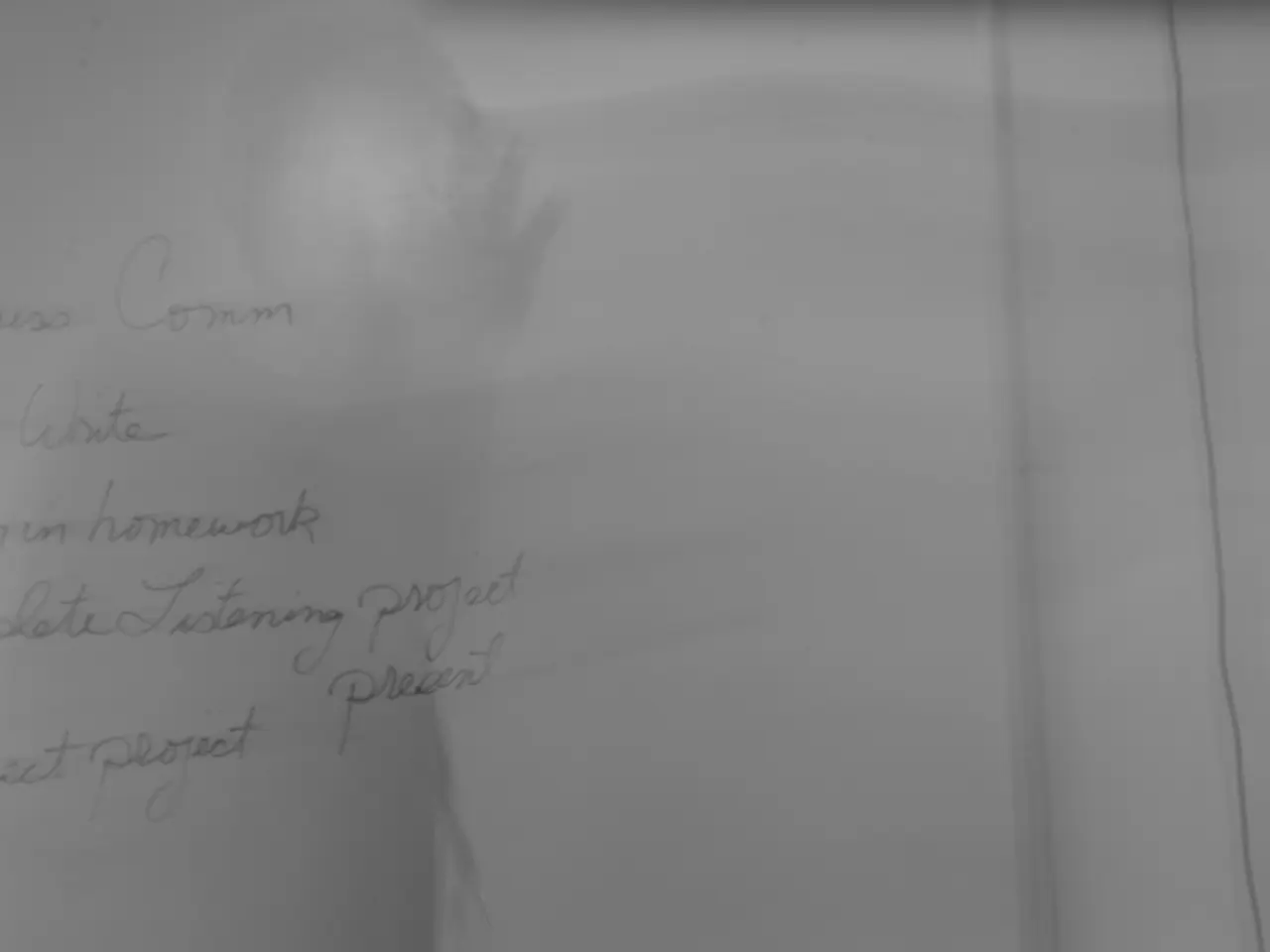Uncertain voting outcomes propel speculations of electoral deceit amongst voters
The cumulative redundancy bias (CRB), a cognitive effect, has been identified as a significant factor contributing to election fraud suspicions in the United States. This bias makes it difficult for people to ignore redundant information they have already processed, causing them to anchor on early election results and struggle to update their beliefs when later results change the lead.
Researchers from the Social Cognition Lab at Ruhr University Bochum, including Dr. André Vaz, Dr. Moritz Ingendahl, and Dr. Hans Alves, conducted seven studies to investigate the role of the CRB in election fraud allegations. Their findings, published in various journals, reveal that the CRB played a significant role in the communication of election results during the 2020 and 2024 U.S. presidential elections.
During the 2020 election, Donald Trump initially led Joe Biden in many states, but eventually lost. The CRB caused many voters to perceive Trump as the likely winner due to the early leads, and when the eventual winner emerged late, suspicion that election fraud had occurred increased because the new outcome conflicted with their initial, firmly held impressions.
In a follow-up study, the researchers presented participants with rumors of possible election fraud. When partial election results were presented in reverse order (late results first), participants' evaluations flipped, further highlighting the bias towards initial, redundant information. If the winner took the lead late in the count, participants found it more likely that fraud had been committed.
Interestingly, Democrats and Republicans were equally likely to be influenced by the CRB. When confronted with the rumor of fraud during the count, participants thought it was likely that the fraud had been committed to the benefit of the now leading candidate.
The researchers recommend more transparency for the public regarding the factors that lead to certain developments in the vote count. Better prediction algorithms could prevent the announcement of interim results that do not align with the final result, thereby reducing the impact of the CRB.
As of a few years later, one-third of all Americans still believe that the 2020 election was fixed, a belief that the CRB partly explains. The researchers' findings underscore the importance of careful and transparent reporting of election results to maintain public trust in the election process.
The CRB effectively fueled Trump's "STOP THE COUNT" rhetoric during the 2020 election, helping solidify his supporters' belief in election fraud despite lacking evidence. This bias partly explains why a substantial portion of the American public still suspects the 2020 election was rigged.
In one study, the researchers presented American participants with the real vote results from the state of Georgia in chronologically correct or in reverse order. The results showed that the participants' views flipped when presented with the results in reverse chronological order, further emphasising the impact of the CRB.
The perception was not affected by the candidate one supports. After falling behind his opponent, Donald Trump demanded "STOP THE COUNT" on Twitter and accused the election of being rigged. Many of Donald Trump's supporters backed his accusation, which resulted in the storm on the Capitol in January of 2021.
In conclusion, the cumulative redundancy bias leads people to cling to early vote count impressions, which biases their judgment and heightens fraud suspicions when late results reverse these early leads. This cognitive bias complicates public trust in election integrity given how vote counts are sequentially reported.
- Researchers have found that the cumulative redundancy bias (CRB) also impacts general news, such as war-and-conflicts and policy-and-legislation, as people struggle to update their beliefs when initial, redundant information is later contradicted.
- The role of the CRB extends beyond politics and elections, as science has shown that it affects perception and judgment in various areas, including war-and-conflicts, where early reports of victories might lead to less-informed conclusions about the outcome of a conflict.
- The understanding of the cumulative redundancy bias could lead to policy changes aiming to increase transparency in the reporting of general news, such as war-and-conflicts or policy-and-legislation, minimizing the impact of the CRB on public opinion and maintaining trust in information.





